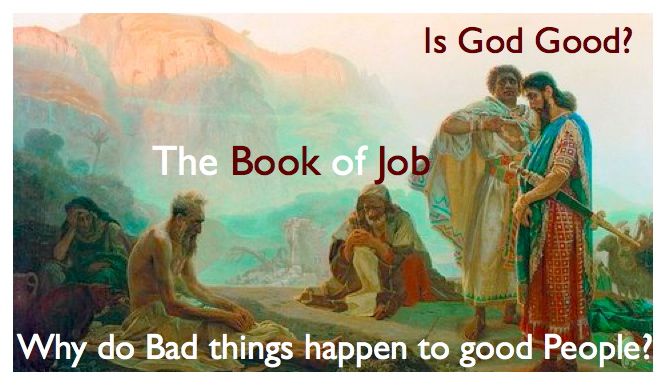While law, economics, or ethics can be abstracted, they have a fundamental impact on the lives of every person. My faith, my family, and my firm have helped me to appreciate how true this is. The law–particularly, the rule of law that we enjoy–is a beautiful inheritance. The compassionate capitalism of the Anglo-American variety has created the greatest wealth for the greatest number of people. Our laws and our economic plans are shaped by the normative ethics driving a culture.
My faith inspires me to love justice and to seek the good of all people. As a Christian minister, I saw the impact that the law and economics have had on individuals of every background. I observed how churches, charities, and other non-profits, driven by their ethical commitments, seek to make life better for those they are called to serve.
Knowing how important that ethical component would be, I studied for my doctorate writing on ethics-based leadership training, urging organizations to prioritize character, convictions, and competence (in that order). This does not imply competence is unimportant, but it sought to correct the imbalance I saw where only competence mattered.
Law school was a bit of an unexpected life twist. I came to a place in my life where I realized that the law had a disproportionate impact on the everyday lives of the people and organizations I had been involved with. As a child, I learned the nature of justice and people’s need for a legal system from my parents, especially my father, an RCMP officer. As a University student, I saw the passion my uncle always had for helping people fulfill their dreams, what he calls, “happy law.” I saw the mischief that arose when poor legal decisions, or a lack of legal planning, got in the way of the good people want to do in their lives and in their organizations.
It goes right to the everyday. My wife was appointed Administrator of her aunt’s Estate a few years ago. Knowing little of what was required, and having to navigate the extended family relational and practical requirements of estate work, brought home for both of us how valuable a good lawyer could be in a challenging time! My passion for the law is motivated by these experiences.
We are very fortunate to have centuries of resources in the Anglo-Canadian heritage, which make the study of law, economics, and ethics immensely satisfying and useful. My practice of law and ongoing study of economics and ethics within that tradition help me to envision a future where the core legacy we all enjoy is preserved, and the challenges that indeed remain are solved, leaving a better world for my children.
This series of blog posts will be part of an exploration of the history, theology, and legal and economic theories of the Anglo-Canadian tradition made (I hope) very practical.









